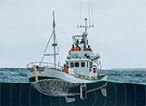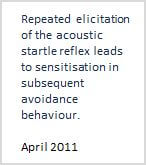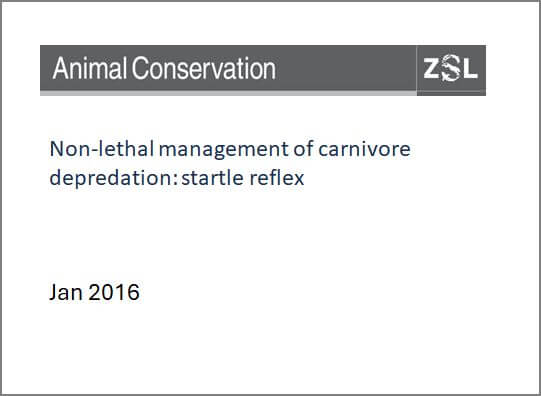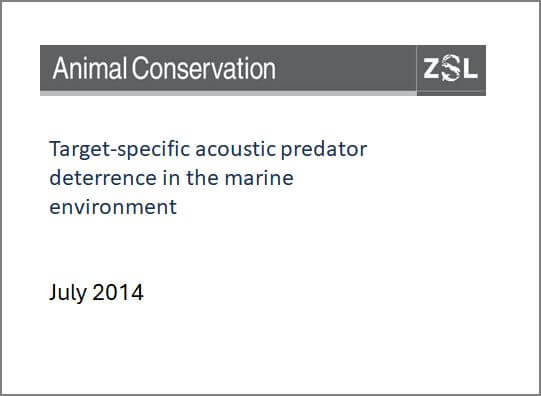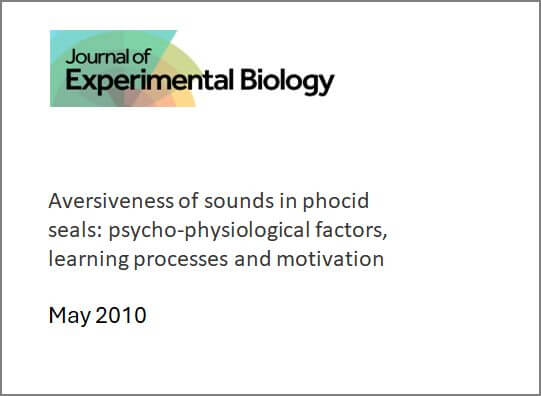Repeated elicitation of the acoustic startle reflex leads to sensitization
Background
Autonomous reflexes enable animals to respond quickly to potential threats, prevent injury and mediate fight or flight responses. Intense acoustic stimuli with sudden onsets elicit a startle reflex while stimuli of similar intensity but with longer rise times only cause a cardiac defence response. In laboratory settings, habituation appears to affect all of these reflexes so that the response amplitude generally decreases with repeated exposure to the stimulus. The startle reflex has become a model system for the study of the neural basis of simple learning processes and emotional processing and is often used as a diagnostic tool in medical applications. However, previous studies did not allow animals to avoid the stimulus and the evolutionary function and long-term behavioural consequences of repeated startling remain speculative. In this study we investigate the follow-up behaviour associated with the startle reflex in wild-captured animals using an experimental setup that allows individuals to exhibit avoidance behaviour.
Results
We present evidence that repeated elicitation of the acoustic startle reflex leads to rapid and pronounced sensitisation of sustained spatial avoidance behaviour in grey seals (Halichoerus grypus). Animals developed rapid flight responses, left the exposure pool and showed clear signs of fear conditioning. Once sensitised, seals even avoided a known food source that was close to the sound source. In contrast, animals exposed to non-startling (long rise time) stimuli of the same maximum sound pressure habituated and flight responses waned or were absent from the beginning. The startle threshold of grey seals expressed in units of sensation levels was comparable to thresholds reported for other mammals (93 dB).
Conclusions
Our results demonstrate that the acoustic startle reflex plays a crucial role in mediating flight responses and strongly influences the motivational state of an animal beyond a short-term muscular response by mediating long-term avoidance. The reflex is therefore not only a measure of emotional state but also influences emotional processing. The biological function of the startle reflex is most likely associated with mediating rapid flight responses. The data indicate that repeated startling by anthropogenic noise sources might have severe effects on long-term behaviour. Future, studies are needed to investigate whether such effects can be associated with reduced individual fitness or even longevity of individuals.
 Go Back
Go Back


